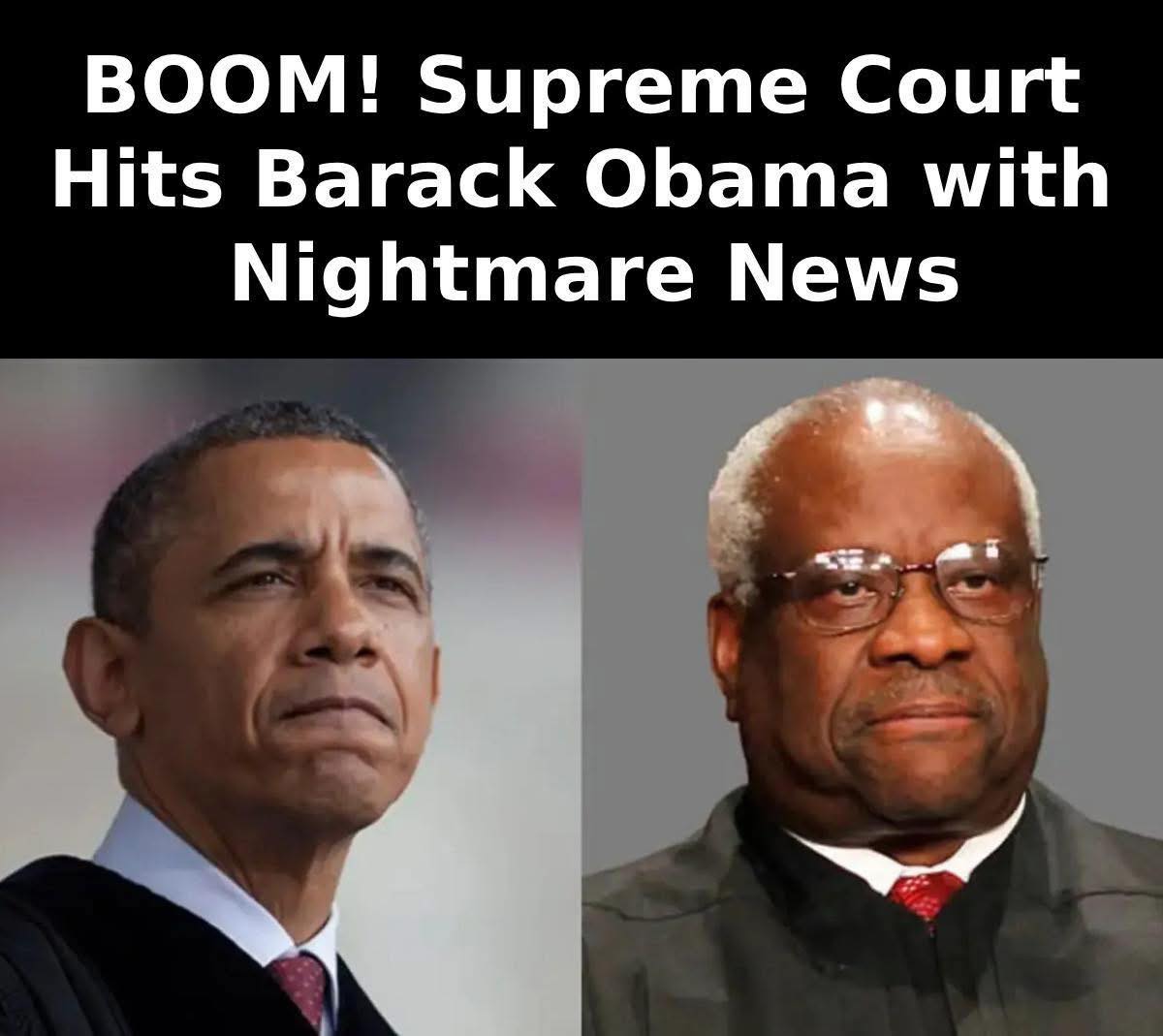Supreme Court Faces Marriage Equality Challenge: Constitutional Rights at Crossroads
A former county clerk’s petition threatens to overturn nearly a decade of marriage equality, highlighting the tension between religious liberty and civil rights in contemporary constitutional law
The United States Supreme Court confronts a pivotal moment in American civil rights law as it considers whether to hear a case that could fundamentally reshape marriage equality. Former Kentucky county clerk Kim Davis has petitioned the nation’s highest court to overturn Obergefell v. Hodges, the landmark 2015 decision that established same-sex marriage as a constitutional right, setting up a potential collision between religious liberty and civil rights protections that could affect millions of Americans.
The Davis Challenge: From Local Defiance to National Constitutional Question
Kim Davis transformed from an obscure county official to a national symbol when she refused to issue marriage licenses to same-sex couples in Rowan County, Kentucky, following the Obergefell decision. Citing her Christian beliefs as incompatible with recognizing same-sex unions, Davis’s defiance of federal court orders led to six days in jail for contempt of court, making her both a martyr figure for religious conservatives and a symbol of institutional discrimination for LGBTQ+ rights advocates.
The legal journey that began with Davis’s individual act of conscience has evolved into a comprehensive constitutional challenge. Her attorney, Matthew Staver, has crafted a petition that goes beyond Davis’s personal circumstances to question the fundamental legal reasoning underlying marriage equality itself. The case represents the most direct challenge to same-sex marriage rights since their establishment nearly a decade ago.
The timing of this challenge coincides with a Supreme Court that has demonstrated willingness to overturn longstanding precedents, most notably in the 2022 Dobbs v. Jackson Women’s Health Organization decision that eliminated constitutional abortion rights. This precedent of reversing established rights has emboldened advocates like Staver to pursue similarly ambitious legal strategies, arguing that Obergefell was “egregiously wrong” and lacks constitutional foundation.
Constitutional Foundations Under Attack
Staver’s petition represents a sophisticated assault on the constitutional doctrine of substantive due process, which formed the legal foundation for marriage equality recognition in Obergefell. The petition characterizes the original decision as “deeply damaging” and argues that it creates “atextual constitutional rights” without proper constitutional basis.
This attack extends beyond marriage equality to challenge a fundamental mechanism through which the Supreme Court has recognized unenumerated constitutional rights throughout American history. Substantive due process has been the basis for numerous landmark decisions protecting individual liberty, from parental rights to contraception access to intimate relationships, making the constitutional stakes far broader than marriage equality alone.
The legal philosophy underlying this challenge reflects an originalist interpretation of constitutional rights that would limit judicial recognition of rights not explicitly enumerated in the constitutional text. This approach, associated with conservative justices like Clarence Thomas and Samuel Alito, prioritizes historical understanding of constitutional language over evolving interpretations that adapt to contemporary circumstances.
Religious Liberty Versus Civil Rights: The Central Tension
The Davis case crystallizes fundamental tensions between religious liberty protections and civil rights guarantees that have become increasingly prominent in American constitutional law. Davis’s supporters argue that government employees should not be forced to violate their religious convictions in performing official duties, while civil rights advocates contend that public officials cannot selectively refuse to enforce laws based on personal beliefs.
These religious liberty arguments extend beyond individual conscience rights to encompass broader questions about the role of faith in public life and the extent to which religious believers can maintain their convictions while participating in government service. The resolution of these issues could affect numerous areas where religious convictions might conflict with official responsibilities, from healthcare providers to educators to business owners.
The case also raises important questions about the scope of religious accommodations in government employment and whether such accommodations might constitute government endorsement of particular religious views, potentially violating the Establishment Clause while denial of accommodations could violate Free Exercise protections.
Supreme Court’s Conservative Shift Creates Uncertainty
The Supreme Court’s composition has changed significantly since 2015, with three conservative justices appointed by former President Donald Trump creating a solid conservative majority that has shown willingness to overturn established precedents. This shift in judicial philosophy has created uncertainty about the stability of numerous constitutional rights, including marriage equality.
Justice Clarence Thomas has been particularly vocal in criticizing substantive due process doctrine and has specifically suggested reconsideration of decisions like Obergefell. His influence within the conservative majority could be decisive in determining whether the Court agrees to hear Davis’s challenge and how it might rule on the constitutional questions presented.
However, other conservative justices may be more hesitant to overturn marriage equality due to its broad public acceptance and the significant social disruption that could result. The practical consequences of overturning Obergefell could be more complex and far-reaching than the abortion decision, potentially affecting hundreds of thousands of existing marriages and creating legal chaos in states without marriage equality laws.
